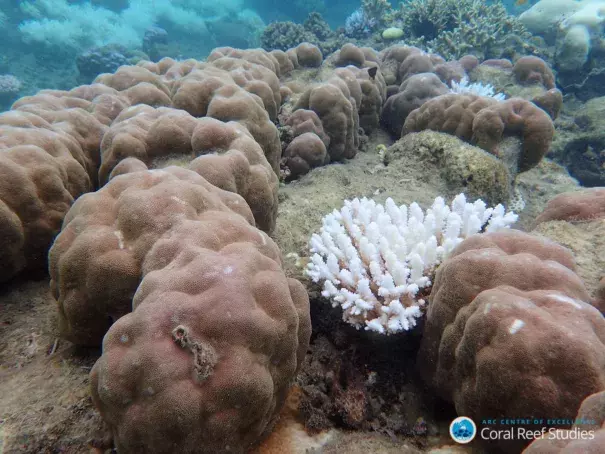Global warming has changed the Great Barrier Reef ‘forever,’ scientists say

Two years after a long-lasting undersea heat wave scalded large sections of the Great Barrier Reef, scientists have now found that because so many corals died, much of the reef has likely been altered “forever.”
“What we just experienced is one hell of a natural selection event,” said Terry Hughes, director of the Australian Research Council Center of Excellence for Coral Reef Studies at James Cook University in Queensland.
In a notably blunt study in the journal Nature — laden with words like “unprecedented,” “radical” and “catastrophic” — Hughes and 15 colleagues report that in 2016 alone, about 30 percent of the Great Barrier Reef’s corals were lost, with the most severe damage in the isolated northern sector. (In 2017, another ocean heat wave claimed another roughly 20 percent of corals, Hughes said.)
Many corals died faster than expected and at a lower level of sustained heat than had been predicted to be deadly.
The researchers add that since losses in certain species were much greater than in others, the entire ecological identity of much of the reef system has likely changed. In particular, elaborate branching corals that provide key fish habitat are being replaced by bulky, less intricate “dome-shaped” corals, Hughes said.


